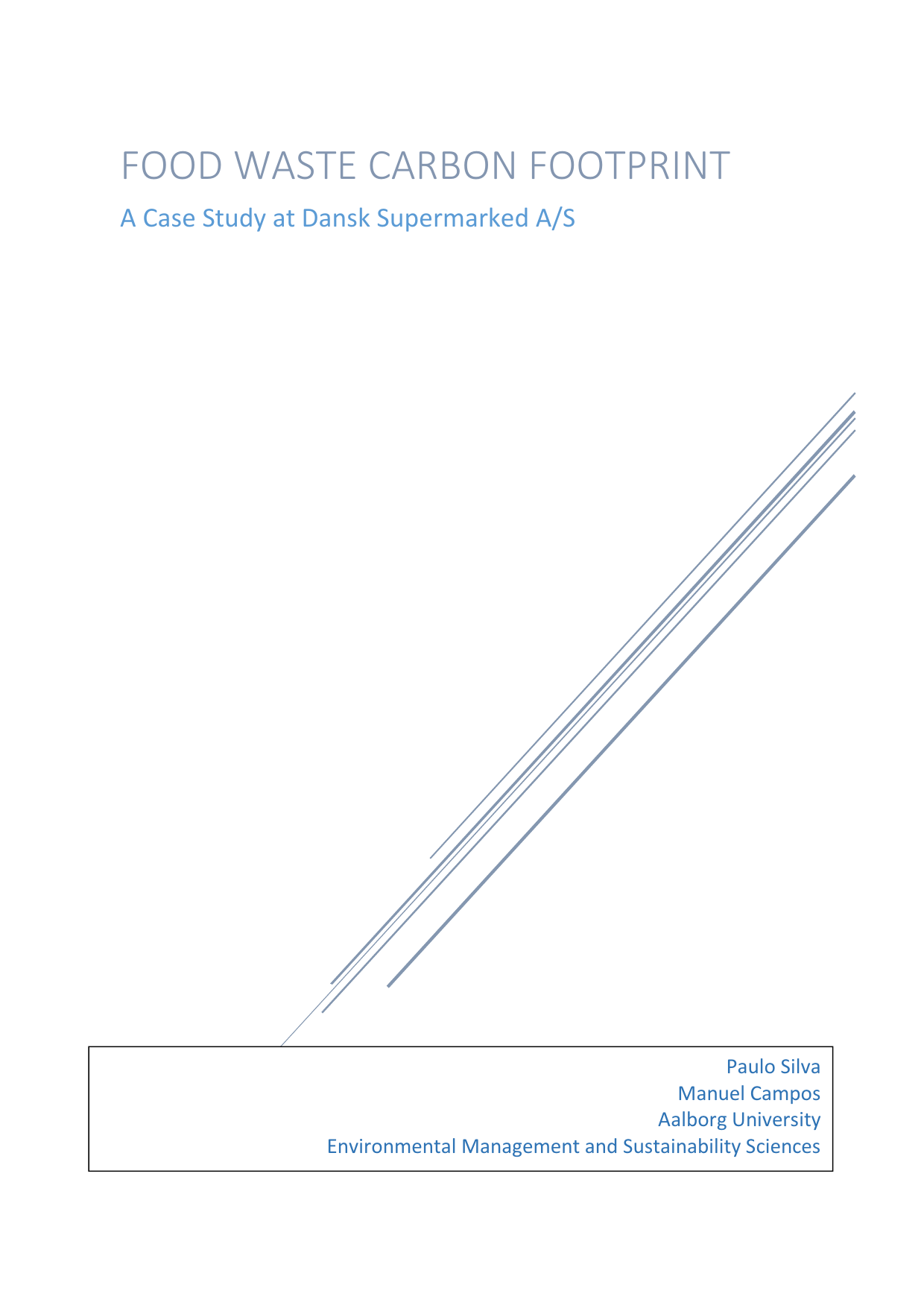
FOOD WASTE CARBON FOOTPRINT: A Case Study at Dansk Supermarked A/S
Translated title
CARBON FOOTPRINT AF MADAFFALD: Et Case Study af Dansk Supermarked A/S
Term
4. Term
Publication year
2014
Submitted on
2014-06-03
Pages
46
Abstract
This project takes a point of departure in the food waste problems stated in recent FAO publications, and identify a specific hotspot to investigate applying knowledge gained during the programme. The aim is to use the consequential Life Cycle Assessment (LCA) approach to investigate the Dansk Supermarked A/S food wastage Carbon Footprint, on a national scale, in a one month period (February 2014). The food wastage alternatives assessed were the Dansk Supermarked 2013 waste scenario (incineration and bread for animal feed) as baseline, the Dansk Supermarked 2014 waste scenario (biogasification) and, as alternatives, 100% waste incineration, 100% waste composting and 100% waste for animal feed. The main conclusions are that Dansk Supermarked Carbon Footprint depends of the food wastage treatment scenario, and the more relevant food categories are the Food preparations, the Dairy products and the Meat products pork. Furthermore, it was also concluded that reducing the food waste, in this case by 10%, by reducing the inputs and keeping the supermarket sales has a greater emissions reduction potential than changing the food wastage treatment.
Keywords
Food ; Waste ; Carbon Fooprint ; LCA ; Waste Treatment ; Sustainability ; Food Waste
Documents
